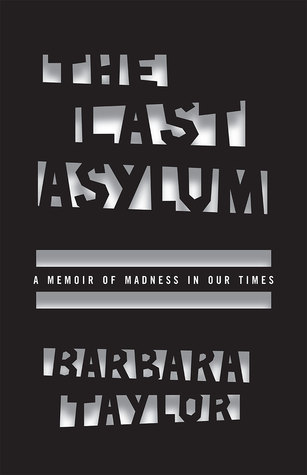What do you think?
Rate this book


320 pages, Paperback
First published April 1, 2014
I'm in the bin, you bastard! So what are we going to do now?
Psychoanalysis? That's what you come here for, isn't it? Or maybe it isn't? Maybe you just come here to punish me?
Punish you? For what??
You just said. You're in a mental hospital. And this is somehow my fault.
Yes!
Yes what?
Oh...oh...I don't know...! Fault, whose fault?...I don't know?...[Angry silence]What if I can't come here any more? What if they lock the door and won't let me out?
Has anyone tried to do that?
Well, no...But they could! And then what? Would you come to me?
No.
Never??
No, never.
So! You bastard! You drive me crazy, I end up in hospital, maybe locked up in there, and you won't come and see me?!
I haven't 'driven you crazy'. And I'm not going to come to Friern to see you, not ever. I'm not going to give you more reasons for staying in hospital.
Huh! You don't care what happens to me!
In Britain it is estimated that over 70 per cent of the prison population have two or more mental disorders; similar estimates are made for the Canadian prison system. In the United States right now, the three biggest mental health providers are prisons.
Decades of intensive research, much of it funded by drug companies, have thus far produced no persuasive evidence for the neurobiological origin for any mental illness.
The mental health system I entered in the 1980s was deeply flawed, but at least it recognized needs – for ongoing care, for asylum, for someone to rely upon when self-reliance is no option – that the present system pretends do not exist, offering in their stead individualistic pieties and self-help prescriptions that are a mockery of people's sufferings. The story of the Asylum Age is not a happy one. But if the death of the asylum means the demise of effective and humane mental health care, then this will be more than a bad ending to the story: it will be a tragedy.